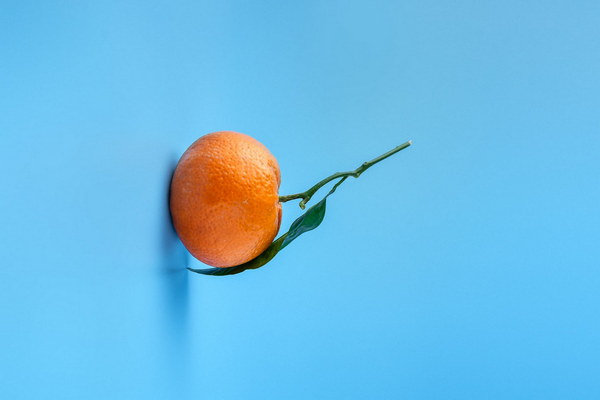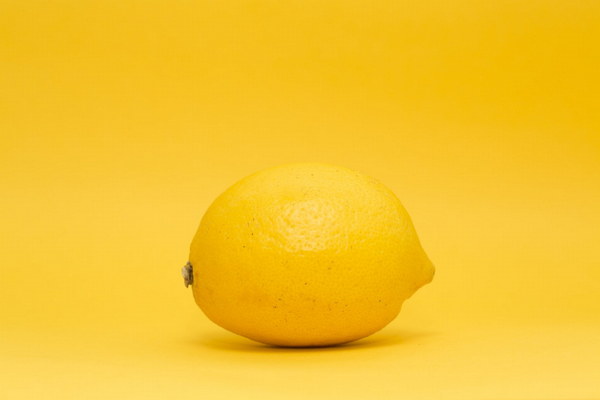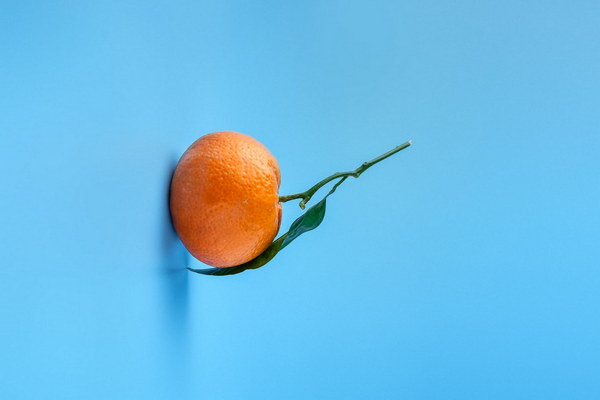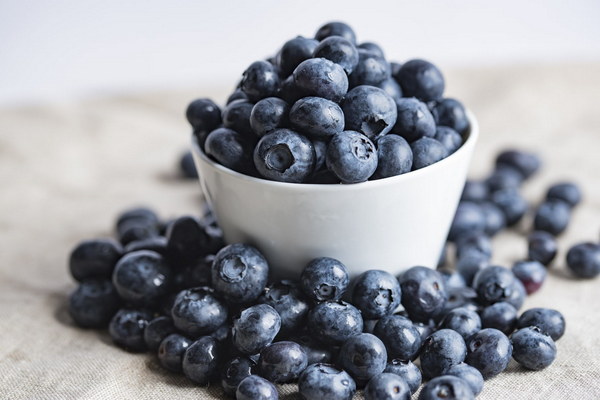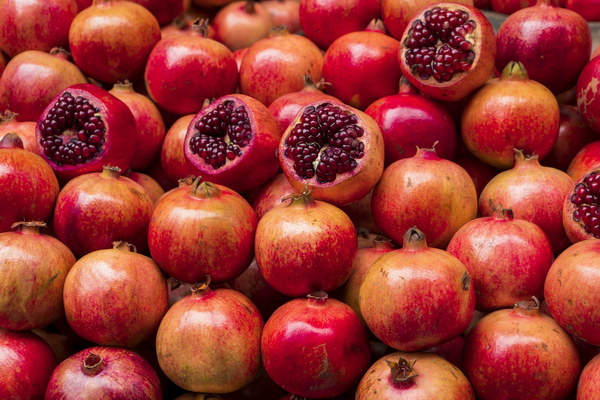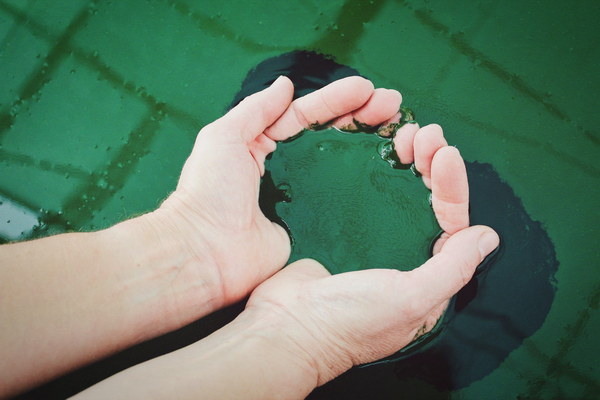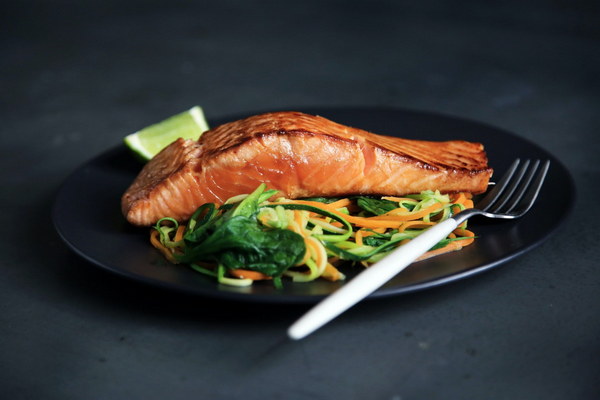Balancing Body Health Natural Remedies for Oily Scalp and its Impact on Overall Wellness
Introduction:
Oily scalp is a common issue that affects many individuals, leading to discomfort, dandruff, and an overall lack of hair health. While the primary concern is often the scalp itself, it's important to recognize that scalp health is closely linked to overall body wellness. In this article, we'll explore how to manage an oily scalp and the natural remedies that can help balance your body's internal systems.
Understanding Oily Scalp:
An oily scalp occurs when the sebaceous glands produce an excessive amount of sebum, the natural oil that protects and lubricates the hair and scalp. This overproduction can be triggered by various factors such as hormonal changes, diet, stress, and genetics. An oily scalp can lead to issues like dandruff, scalp irritation, and an unappealing appearance of hair.
Balancing Body Health for Oily Scalp Management:
1. Diet and Hydration:
- Reduce intake of greasy, fried, and high-sugar foods, as they can exacerbate oil production.
- Incorporate foods rich in omega-3 fatty acids, like fish, flaxseeds, and walnuts, which can help balance oil production.
- Stay hydrated by drinking plenty of water, as dehydration can lead to an imbalance in oil production.
2. Stress Management:
- Chronic stress can lead to increased oil production. Practice relaxation techniques such as yoga, meditation, or deep breathing exercises to manage stress levels.
3. Gentle Cleansing:
- Use a mild, sulfate-free shampoo that doesn't strip the scalp of its natural oils.
- Avoid over-washing, as this can stimulate the sebaceous glands to produce more oil.
- Incorporate a clarifying shampoo once a week to deep clean the scalp without harsh chemicals.

4. Natural Remedies:
- Aloe vera: Known for its soothing properties, aloe vera can help control oil production and reduce inflammation.
- Apple cider vinegar: Diluted with water, apple cider vinegar can act as a natural clarifier and balance the scalp's pH levels.
- Tea tree oil: This essential oil has antibacterial and antifungal properties, which can help manage oily scalp and dandruff.
5. Scalp Massages:
- Regular scalp massages can stimulate blood circulation, which may help regulate oil production.
- Use a light oil, such as jojoba or argan oil, to moisturize the scalp without clogging pores.
6. Avoid Tight Hairstyles:
- Tight ponytails, braids, and buns can irritate the scalp and lead to increased oil production. Opt for loose hairstyles to allow your scalp to breathe.
7. Regular Trims:
- Trimming split ends can prevent them from traveling up the hair shaft, which can lead to oil buildup and an oily scalp.
Conclusion:
Addressing an oily scalp is not just about managing the symptoms but also about balancing the body's internal systems. By adopting a holistic approach that includes diet, stress management, gentle cleansing, and natural remedies, you can maintain a healthy scalp and promote overall wellness. Remember that individual responses to treatments may vary, so it's important to find what works best for you and consult with a healthcare professional if you have persistent scalp issues.
